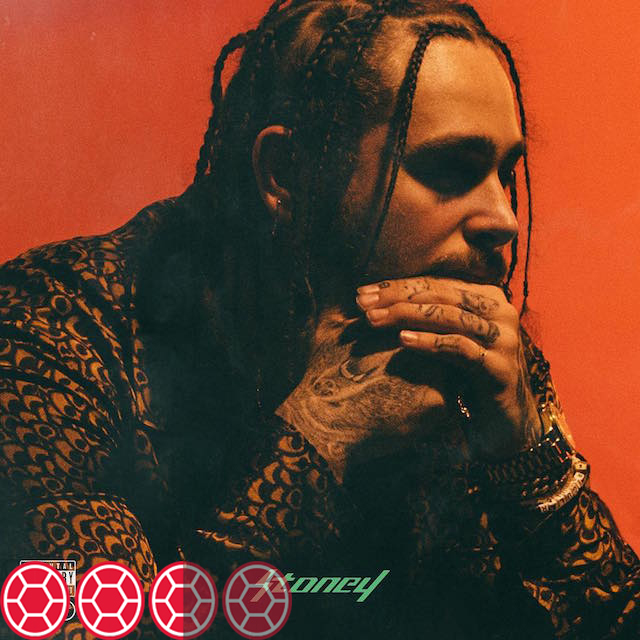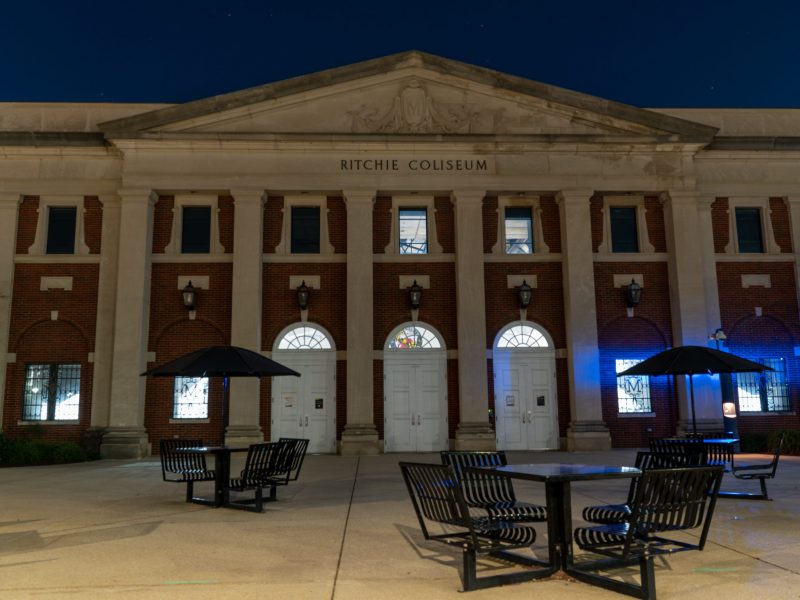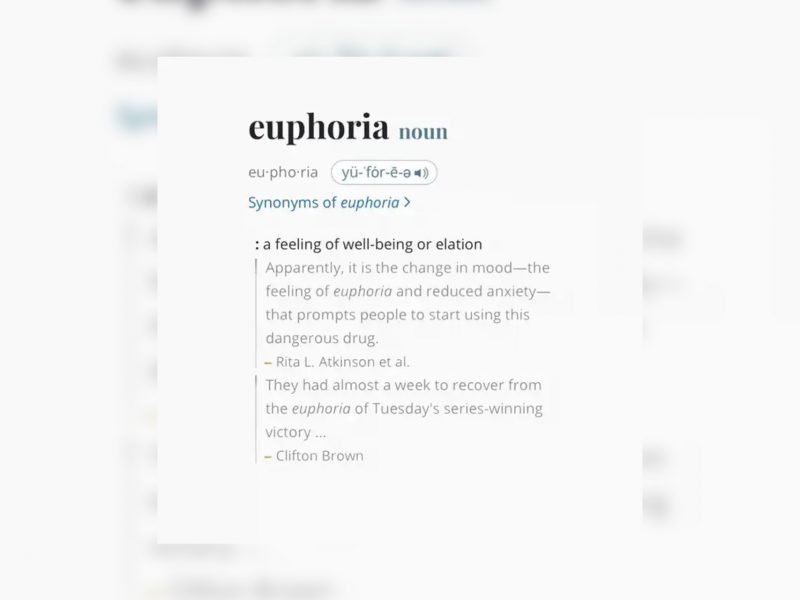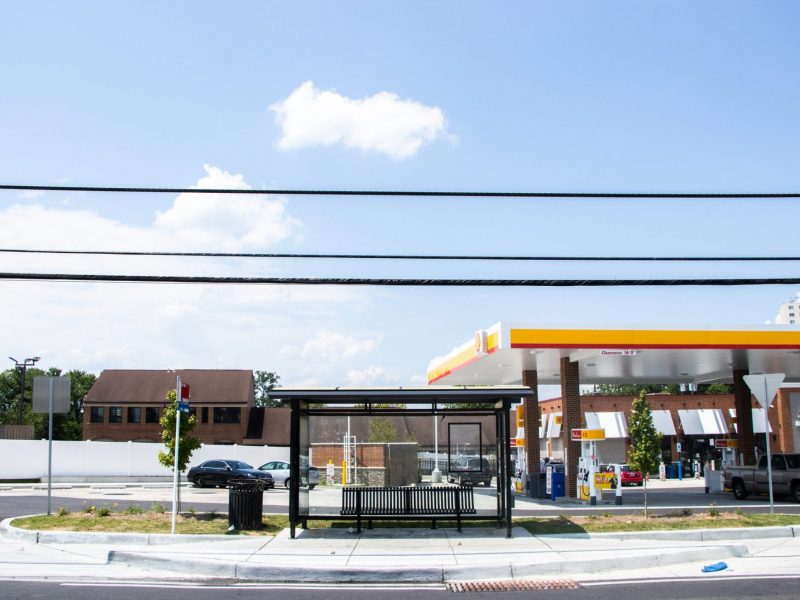In October 2013, with two gold chains draped over his short-sleeve American flag button down, Austin Post sat and sang a gorgeous, poignant cover of Bob Dylan’s “Don’t Think Twice It’s All Right” to a camera while strumming away on a mahogany acoustic guitar.
“And it ain’t no use to sit and wonder why, babe,” crooned Post with an enchanting folky and sultry vibrato in the video posted to YouTube. “It’ll never do somehow.”
In December 2016, Austin Post has a new moniker, known to most as the hair-braided, grillz-donning rapper/singer/guitarist Post Malone. On “Broken Whiskey Glass,” the first track of Malone’s genre-blending debut studio album Stoney, Post’s lifestyle portrayal is a far departure from his stripped-down 2013 introduction.
“At the White House,” boasts Malone before explaining his D.C. connect. “Call my homie Joe Biden.”
He proceeds to claim that the Vice President is flying him out weed, and that Biden himself enjoys cheifin’ on Post’s own supply. A Google search did not confirm this incident’s validity, but the song bumps, so disbelief shall remain suspended.
Stoney, an 18-track marathon of Malone’s many styles, is an encouraging debut for an artist who is constantly toeing the line of his own legitimacy. His aesthetic, the “White Iverson” from Dallas with a penchant for the goldest of golds and Bubba Chuck cornrows, leaves Malone in a precarious state between respected talent and entertaining caricature.
With Stoney, Post Malone safely lands on the side of the former. His highs are triumphant, though mostly coming in the form of pre-released singles like the Justin Bieber duet “Déjà Vu,” “White Iverson,” “Patient” and “Congratulations.” Of the aforementioned hits, the Quavo-featured “Congratulations,” a tale of the rapid ascent of two of hip-hops most visible faces of 2016, shines brightest.
“Big rings, champagne,” raps Quavo in a proclamation of his newfound belongings. “My life is just like a ball game.”
However, Stoney isn’t just a compilation of boasts. Accompanied by the celestial production of Pharrell Williams, Malone admits that all that glimmers isn’t gold.
“I wanna go up there and I don’t ever wanna come down,” laments Post on the pain-filled hook of “Up There.” “I wanna see what’s up there, must be better than the Hell on the ground.”
Moments like this are what keep Post Malone differentiated from rap’s Riff-Raff-ian sideshows. With a keen understanding of what today’s audience desires, Malone keeps his hits filled with the tomfoolery and fluff required for radio attention. However, when push comes to shove, Post can delve into the soul and retrieve a closing track like “Feeling Whitney” ripe with the aroma of whiskey, cigarettes and introspection.
“To each their own and found peace in knowing/Ain’t always broken, but here’s to hoping/ Show no emotion, against the cold and just act as hard as you can/ You don’t need a friend, boy you’re the man.”
Though he’s opted for a hip-hop casing, Post can’t help but let the familiar twang of Dylan creep into Stoney‘s goodbye.
2.5/4 Shells



